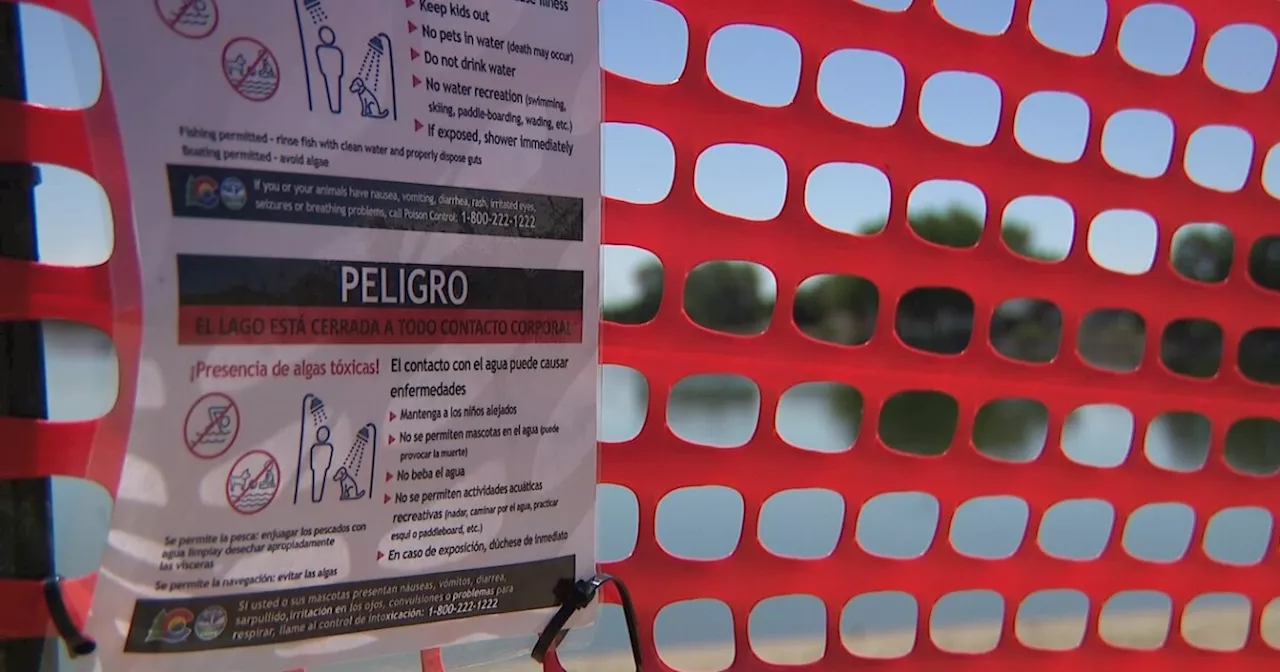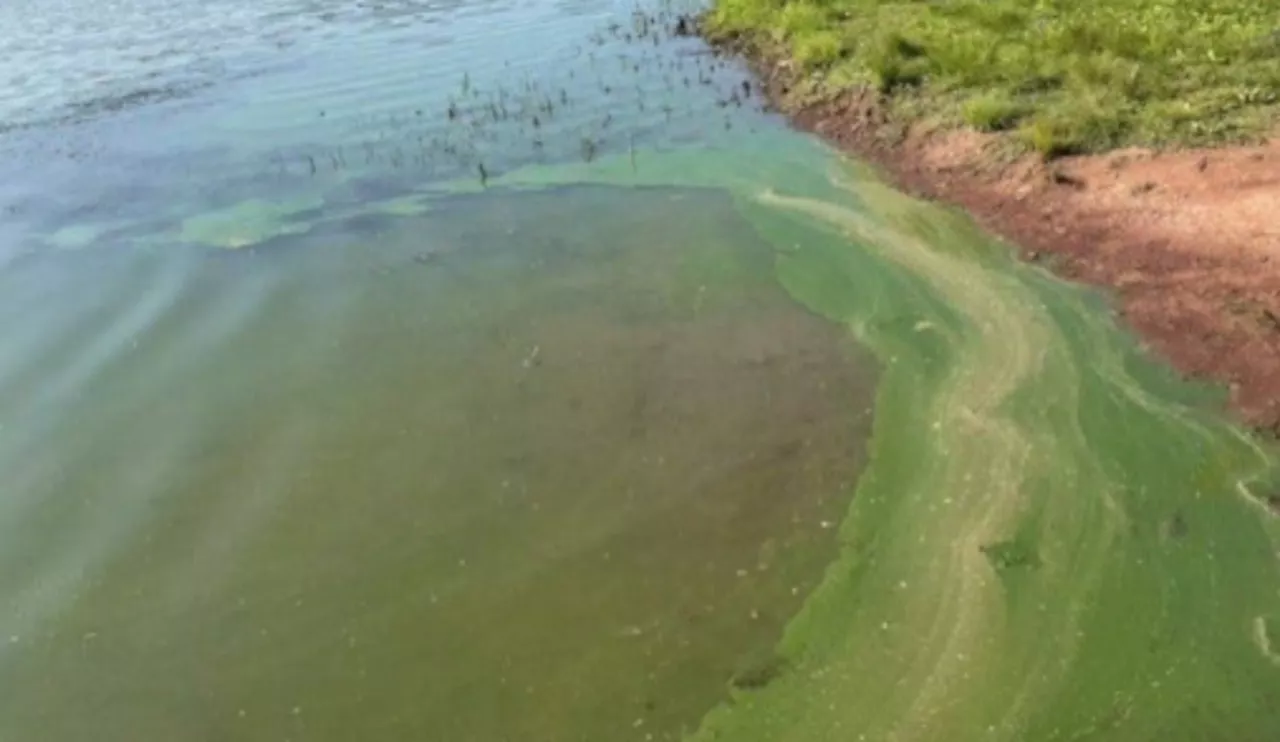By turning period blood into a gel, the pad’s alginate powder filler reduces leakage.
may solve that problem. The material, which solidifies menstrual blood by turning it into a gel mixture, could reduce leakage in period products without compromising capacity, researchers report July 10 in“Our paper is a proof of concept,” says Rogério Aparecido Bataglioli, a chemical engineer at Virginia Tech in Blacksburg. Before being used commercially, he says, the materials would need to be assessed for safety and scalability.
To solve this problem, the team turned to alginate, a naturally occurring substance derived from algae and seaweed. After the researchers screened a large pool of potential polysaccharides — long chains of carbohydrate molecules — that could have blood-absorbing properties, alginate excelled at absorbing and gelling blood. It also has already been approved by the Food and Drug Administration for use in pharmaceuticals, food and medical materials.
The team began with a control, dripping pig blood through gauze pads with no added material. The blood seeped throughout the gauze . When centrifuged over the well plate , lots of blood leaked out.They then moved on to commercial pad fillers, typically cellulose-based, and similarly collected the post-centrifuge leakage in a well plate. The commercial fillers leaked less than just gauze, but still leaked quite a bit.Researchers also tested polyacrylate, a superabsorbent polymer.
United Kingdom Latest News, United Kingdom Headlines
Similar News:You can also read news stories similar to this one that we have collected from other news sources.
 New Tandem Solar Cell Discovered Posing As A Giant ClamAn iridescent giant clam hooks up with algae to inspire a new, nature-based approach to solar cell technology.
New Tandem Solar Cell Discovered Posing As A Giant ClamAn iridescent giant clam hooks up with algae to inspire a new, nature-based approach to solar cell technology.
Read more »
 Boil water advisory issued for all of D.C., Arlington County due to algae bloomsThe Washington Aqueduct is sourced from the Potomac River and serves as the public water supply for the D.C. area, Arlington County and other portions of Northern Virginia.
Boil water advisory issued for all of D.C., Arlington County due to algae bloomsThe Washington Aqueduct is sourced from the Potomac River and serves as the public water supply for the D.C. area, Arlington County and other portions of Northern Virginia.
Read more »
 Toxic algae closes Windsor Lake for a second time this summerDanielle Kreutter is a multimedia journalist for Denver7 KMGH in Denver, Colorado.
Toxic algae closes Windsor Lake for a second time this summerDanielle Kreutter is a multimedia journalist for Denver7 KMGH in Denver, Colorado.
Read more »
 Swimming banned at large N.J. reservoir all summer due to toxic algaeThe state's third-largest reservoir will be off limits to swimmers this summer due to health concerns.
Swimming banned at large N.J. reservoir all summer due to toxic algaeThe state's third-largest reservoir will be off limits to swimmers this summer due to health concerns.
Read more »
 Swimming at Pinchot State Park remains off limits due to algae bloomsIt is unknown when swimming will be allowed again at the Quaker Race Beach area.
Swimming at Pinchot State Park remains off limits due to algae bloomsIt is unknown when swimming will be allowed again at the Quaker Race Beach area.
Read more »
 Dog dies after swimming in Lake Travis, LCRA tests algaeBiologists are testing algae from Lake Travis following the death of a dog on the Fourth of July.
Dog dies after swimming in Lake Travis, LCRA tests algaeBiologists are testing algae from Lake Travis following the death of a dog on the Fourth of July.
Read more »
